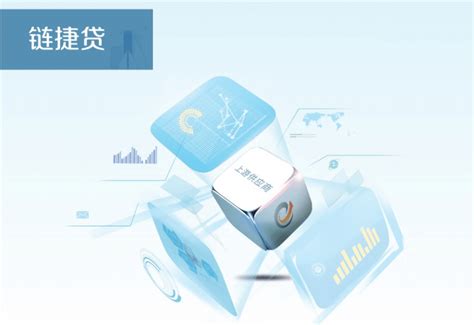```html
Enhancing Inclusive Services with Blockchain
Blockchain technology, with its decentralized and transparent nature, holds significant potential for enhancing inclusivity across various sectors. Let's delve into how blockchain can improve the capabilities of inclusive services:
Blockchain can revolutionize financial services by providing access to banking for the unbanked and underbanked populations. Through blockchainbased solutions, individuals can securely store and transfer value without the need for traditional banking infrastructure. Smart contracts can facilitate microfinance, lending, and remittance services at lower costs, thereby promoting financial inclusion.
Blockchain offers a secure and immutable platform for identity management, particularly beneficial for marginalized communities lacking formal identification. By providing individuals with selfsovereign identities stored on a blockchain, access to essential services such as healthcare, education, and government benefits becomes more equitable and efficient.
Inclusive services often rely on transparent and ethical supply chains. Blockchain enables endtoend traceability, allowing consumers to verify the authenticity and sustainability of products. This transparency fosters trust between producers, suppliers, and consumers, supporting fair trade practices and empowering marginalized producers.
Blockchain technology can enhance healthcare accessibility by securely storing and sharing medical records across healthcare providers. Patients, especially those in remote or underserved areas, can access their health information and receive timely medical services. Additionally, blockchainbased systems can streamline insurance claims processing, reducing administrative overhead and improving coverage for vulnerable populations.
Ensuring inclusive democratic processes is paramount for a just society. Blockchainbased voting systems offer transparency, security, and accessibility, thus enabling greater participation from marginalized groups. Through decentralized voting platforms, individuals can cast their votes securely from anywhere, mitigating barriers such as physical disabilities or geographic constraints.
Blockchain technology can revolutionize education by providing tamperproof verification of academic credentials and skills. This innovation benefits individuals from disadvantaged backgrounds who may face challenges in verifying their qualifications. With blockchainbased credentialing systems, employers can confidently assess candidates' qualifications, promoting meritocracy and equal opportunity in the job market.
While blockchain holds immense promise for fostering inclusivity, its implementation must adhere to certain guiding principles:
- Accessibility: Ensure that blockchainbased services are accessible to all individuals, including those with limited technological literacy or physical capabilities.
- Privacy: Safeguard users' privacy rights by implementing robust encryption and permissioned access controls, particularly for sensitive data such as personal identities and health records.
- Collaboration: Foster collaboration among stakeholders, including governments, NGOs, and communities, to cocreate inclusive blockchain solutions that address specific needs and challenges.
- Regulatory Compliance: Navigate regulatory frameworks to ensure compliance with legal requirements while advocating for policies that support innovation and inclusivity in blockchain development.
- Educational Outreach: Provide educational resources and training programs to empower individuals and organizations to harness the potential of blockchain technology for inclusive services.

By adhering to these principles and leveraging blockchain technology responsibly, we can unlock new opportunities for fostering inclusivity and empowerment across various sectors.

